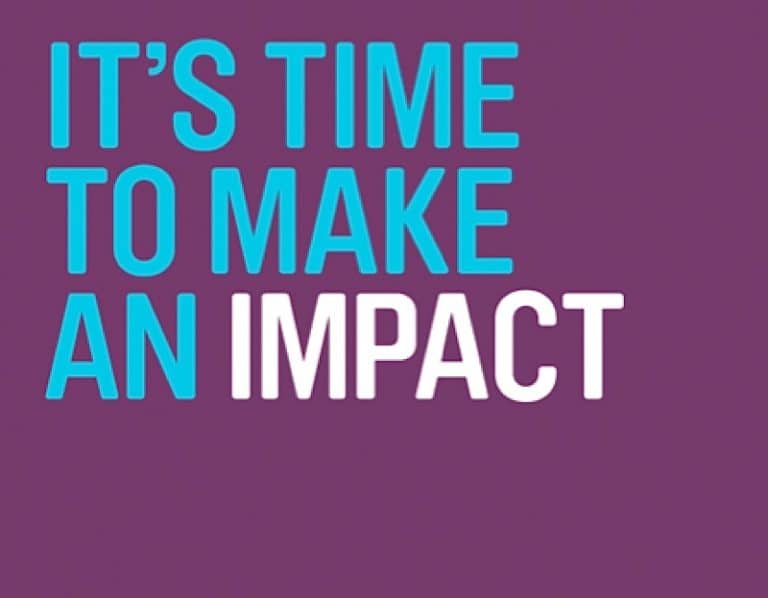Accountability is about creating conditions for success where people want to take ownership and contribute to the results of the team.
The skill of Accountability is an essential aspect of personal and professional growth.
It helps in empowering individuals and teams to take ownership of their actions and decisions, and fosters a culture of responsibility and continuous improvement.
Although it is a significant leadership skill , accountability is often shrouded by some myths that can hinder progress.
In this blog, we will disprove eleven common myths of accountability to expose the truth behind this essential leadership skill .
Are you curious about what accountability can be for your people and your organisation?
Then keep reading the –
Would you like to Make A SMOOTH TRANSITION AND THRIVE CONFIDENTLY in your New Role ?
Get the FREE NEW MANAGERS GUIDE TO THRIVE CONFIDENTLY HERE
11 ACCOUNTABILITY MYTHS EVERY NEW MANAGER MUST GIVE UP TO BE SUCCESSFUL IN CAREER
1.Micromanagement Ensures Accountability
Managers often believe that by closely monitoring every action of their team members, they ensure accountability.
However, this often leads to a lack of trust and can stifle creativity and initiative.
Instead, effective accountability comes from setting clear expectations, providing the necessary resources, and allowing individuals the autonomy to meet their goals.
2.Accountability means Punishment for Mistakes
While accountability does involve acknowledging errors, it is not solely about punitive measures.
A culture of accountability encourages learning from mistakes and viewing them as opportunities for growth and improvement.
3.Accountability is only Downward
Accountability should not only be from the top down.
Managers must also be accountable to their teams, peers, and themselves. This creates a culture of mutual respect and shared responsibility.
4.More Rules Create Better Accountability
An overabundance of rules can lead to confusion and a checkbox mentality.
Effective accountability is about understanding the spirit of the rules—the ‘why’ behind them—and encouraging teams to work towards common goals.
5.Accountability can be Imposed
True accountability comes from a personal sense of ownership and cannot be forced.
Managers should focus on fostering an environment where team members willingly hold themselves and each other accountable.
6.People are Naturally Accountable or Unaccountable
All individuals have the capacity for accountability, but it often requires development.
Managers should provide coaching and support to help team members strengthen their accountability muscles.
7.Accountability is Synonymous with Individual Responsibility
While individual accountability is important, it is also essential to recognize the power of team accountability.
Collaborative environments where team members hold each other accountable can lead to better outcomes.
8.Accountability does not need to be Taught
Just like any other skill, accountability needs to be modelled, taught, and reinforced.
Managers should provide clear examples of what accountability looks like in action and offer regular feedback.
9.High-Pressure Environments Foster Accountability
High pressure can lead to a fear-based culture, which is counterproductive to accountability.
A supportive environment that challenges individuals to perform at their best is more effective.
10.Technology can fully Automate Accountability
While technology can aid in tracking progress and facilitating communication, it cannot replace the human elements of accountability, such as judgement, empathy, and ethical decision-making.
11.Accountability is a One-Time Event
Accountability is an ongoing process. It requires continuous attention, regular check-ins, and the flexibility to adjust goals and strategies as needed.
Conclusion
By giving up these myths, as a manager you can build a stronger foundation for accountability within your team.
This involves creating a culture of trust, setting clear goals, providing support and resources, and fostering open communication.
When team members feel empowered and trusted, they are more likely to take ownership of their work and hold themselves and each other accountable, leading to greater effectiveness and success for the entire organisation.
Which facts about Accountability appealed to you the most ?
What Myths are you holding about Accountability ?
What will you dispel today ?
What belief will you adopt to become more successful at Accountability ?
Have an Awesome Day!
Babita Sharma
Leadership Coach
www.leadwithpassion.co.in
P.S- Do you have any Myths around Accountability ? Need help with any myths ? Please feel free to write to me at -hrleadwithpassion@gmail.com
P.P.S. -Please share the post and help someone today!
RELATED REFERENCES
4 REASONS WHY ACCOUNTABILITY IS IMPORTANT FOR NEW MANAGERS








